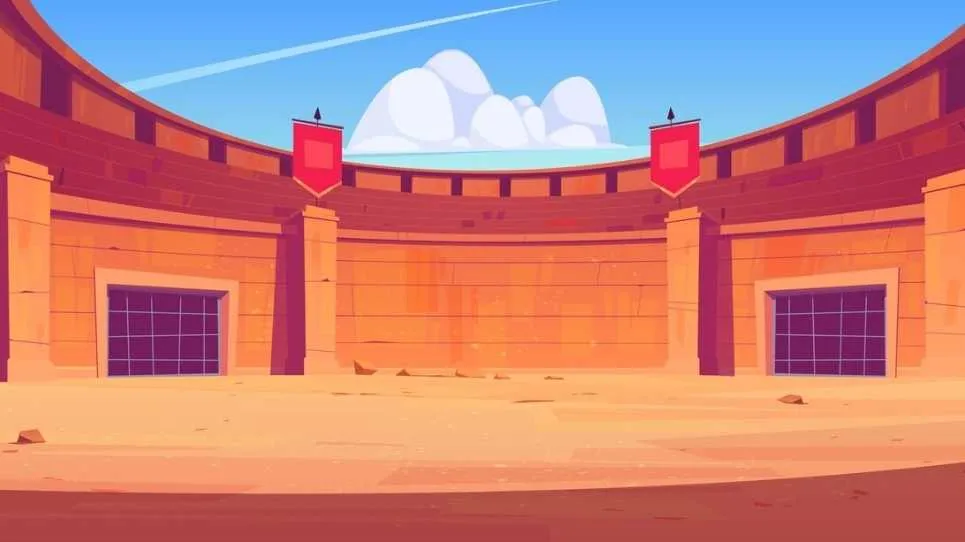A Look at the Viral Phenomenon and Its Educational Potential

The Roman Empire, a vast and powerful civilization that stretched across Europe, North Africa, and parts of Asia, has captured the imagination of TikTok users in a recent trend. The trend, known as the #RomanEmpireTikTok, sees users, mostly women, asking their partners or friends how often they think about the Roman Empire.
What is the Roman Empire Trend on TikTok?
The trend began in Sweden and quickly spread to other parts of the world. It involves users filming themselves asking their partners or friends the question, “How often do you think about the Roman Empire?” The responses vary widely, with some men expressing interest in the topic and others appearing perplexed.
Why is the Roman Empire Trend so Popular?
There are several reasons why the Roman Empire trend has become so popular on TikTok. First, it taps into a sense of nostalgia for a bygone era. The Roman Empire was a time of great power and prosperity, and many people find it fascinating to learn about its history.
Second, the trend is a fun and lighthearted way to engage with history. It is a way for people to learn about the past in a way that is both entertaining and informative.
The Educational Potential of the Roman Empire Trend
The Roman Empire trend has the potential to be a valuable educational tool. It can spark interest in history and encourage people to learn more about the Roman Empire.
There are several ways that the trend can be used for educational purposes. For example, teachers can use it to introduce students to the Roman Empire or to spark discussion about a particular aspect of Roman history.
The Roman Empire trend on TikTok is a fun and engaging way to learn about history. It has the potential to be a valuable educational tool, and it can spark interest in the Roman Empire among people of all ages.
Recommendations
To learn more about the Roman Empire, you can check out the following resources:
- The British Museum website
- The History Channel website
- The National Geographic website
Find this and many more knowledge guides on Monkicon